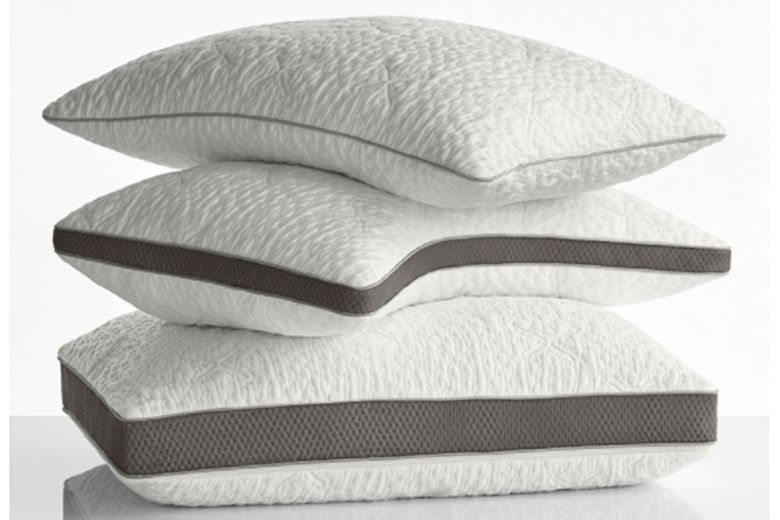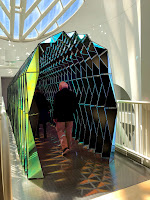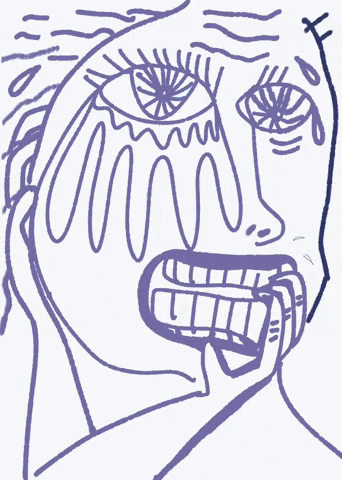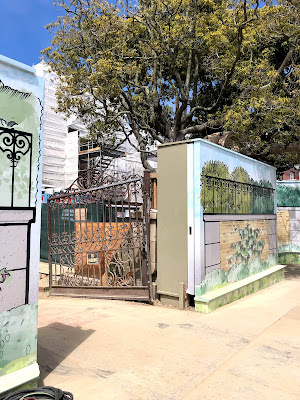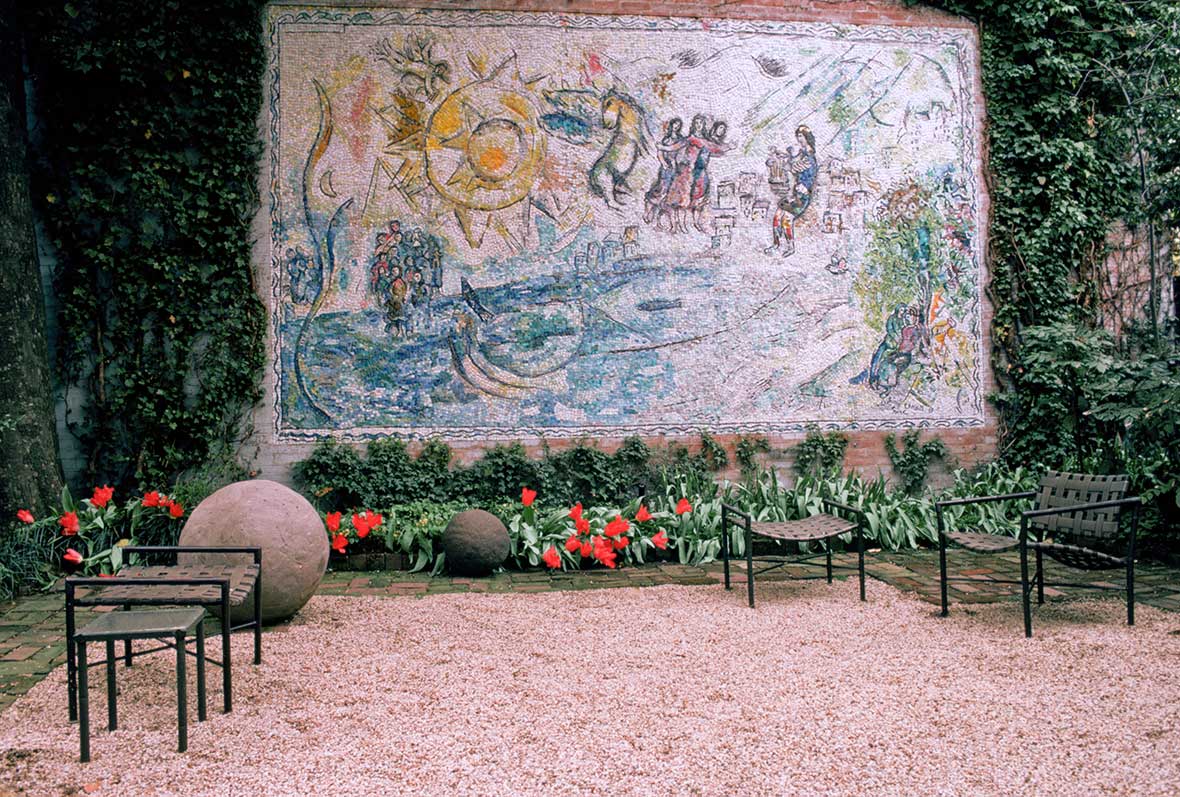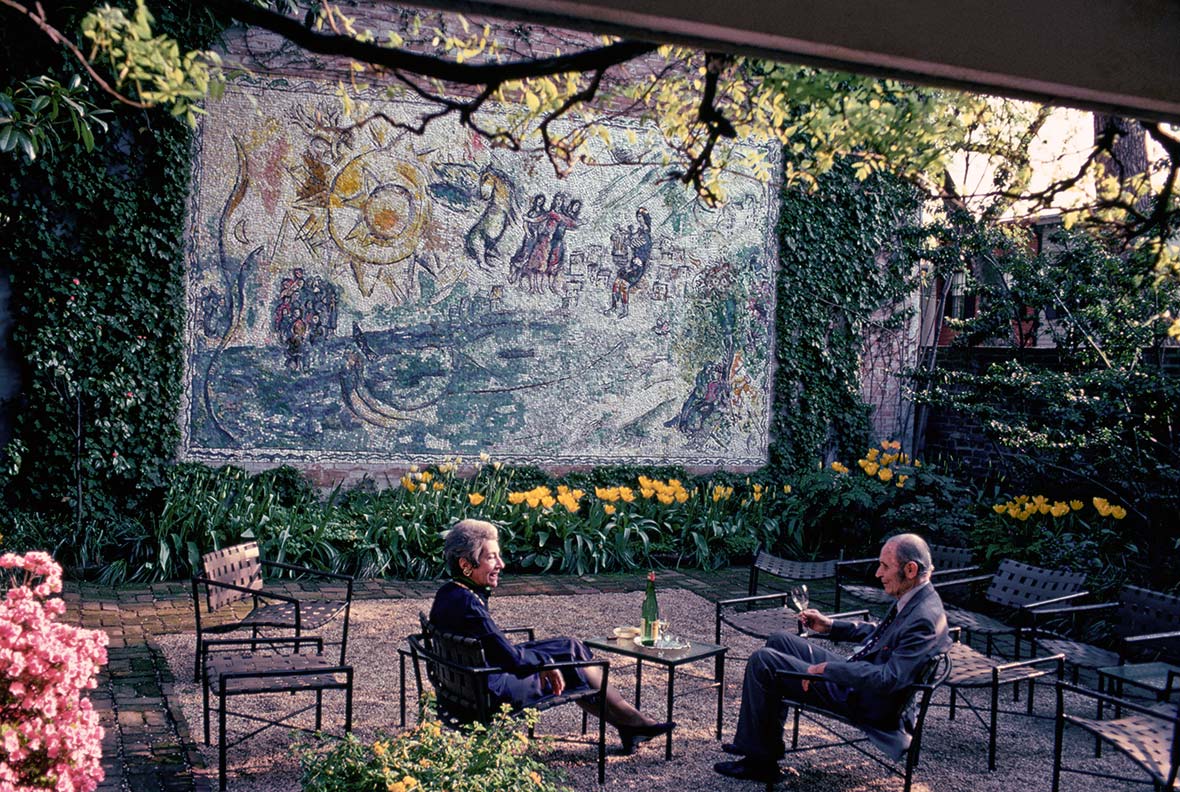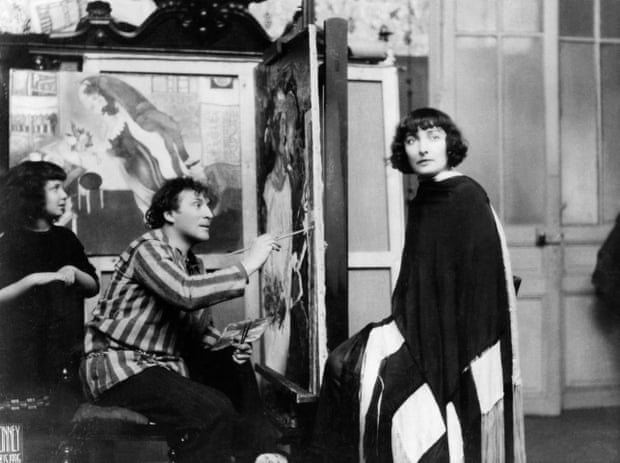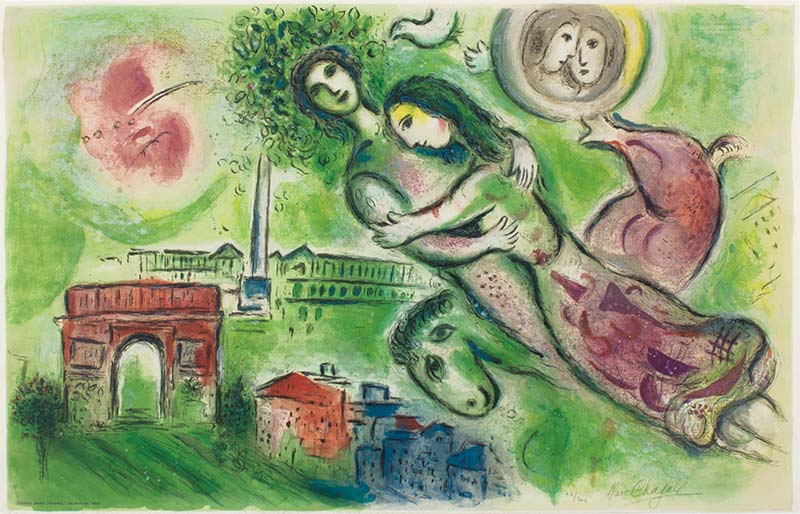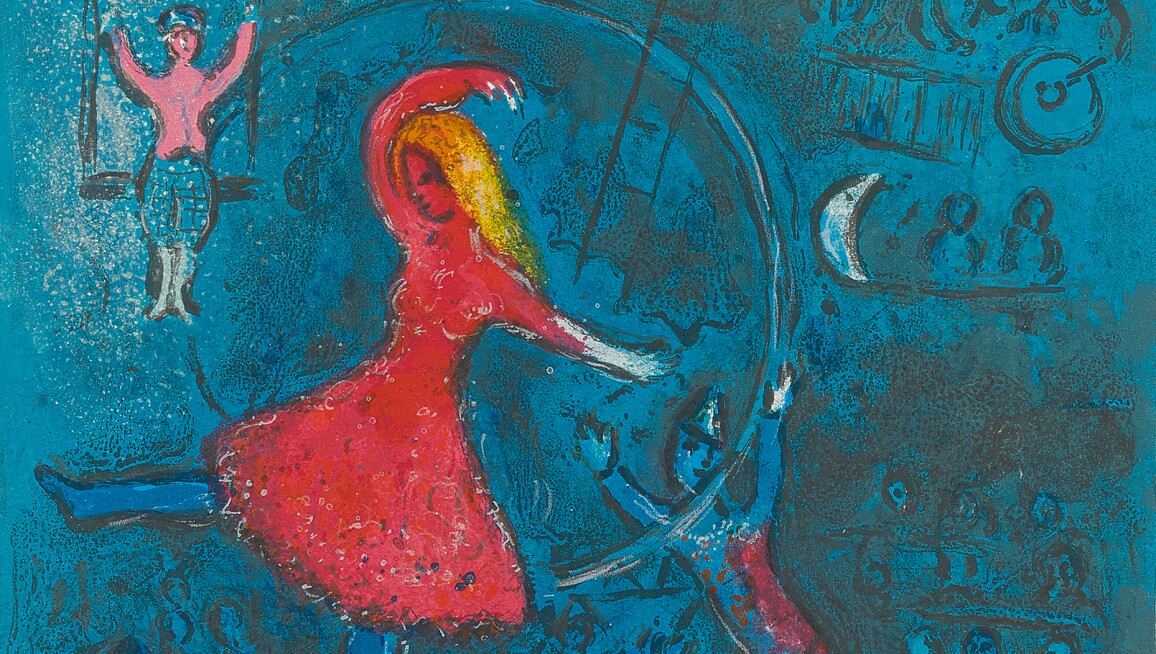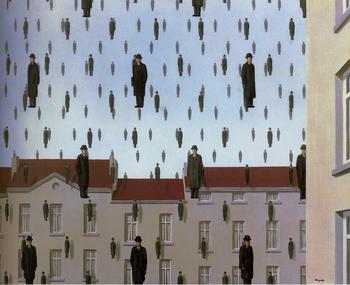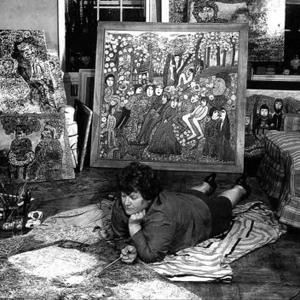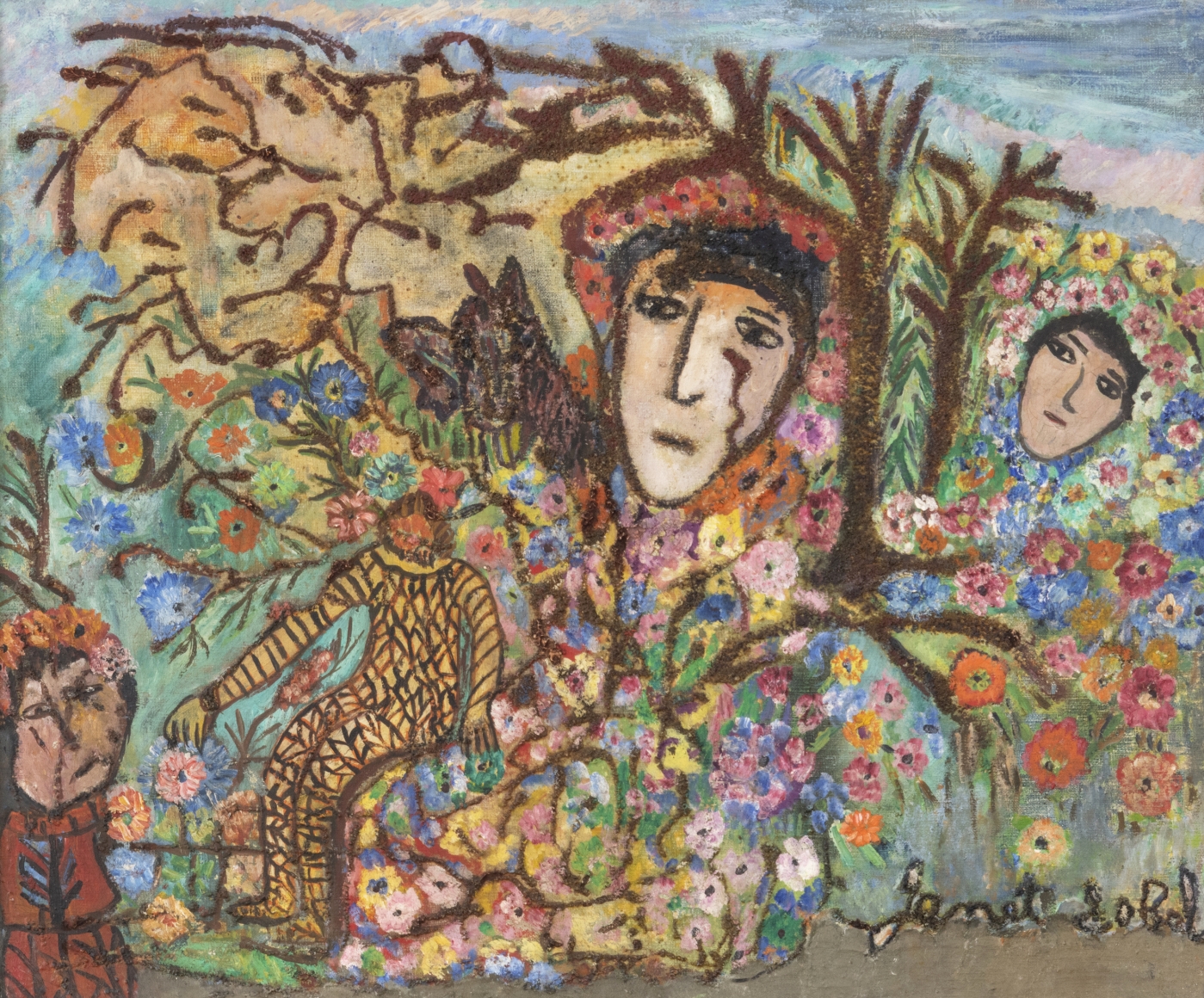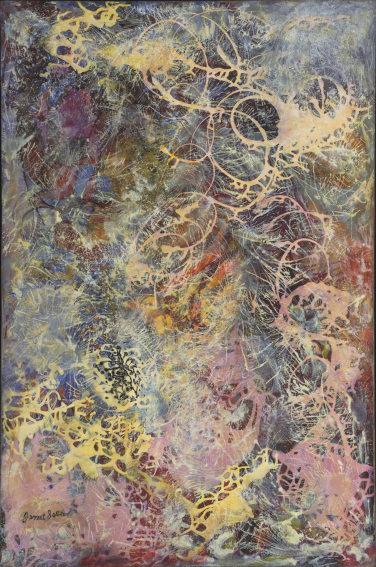Walk: Presidio Pickleball Courts
Distance: 2.4 miles, Yoga, Just a few games of pickle
 |
| Paulina Olowska (Polishm born 1976), Portrait of the Artist - indoors, 2012, oil, ink,transparency on linen |
So, Ciwt felt a bit subverted by the newly hung walls at SFMOMA the other day. "Subvert," that's the recent art and other arenas buzz word intentionalty used wrong by subversive Ciwt. It means undermine the power and authority of (an established system or institution), or topple, destabilize, unsettle, etc. You get it, and, if you are like Ciwt, you've heard and seen quite enough of it these days.
There were several galleries at SFMOMA that felt to Ciwt like glorified street fairs, filled with artists she'd never heard of. And there's part of the subversion. It used to be that there was quite an exacting route to museum walls. Artists had to have some combination of talent, excellent training, patrons, approval by prestigious galleries and finally by the highly educated and powerful museum honchos. In the 50's, when the art center moved to New York from Paris, that system began to crack in earnest. There were the huge, macho, self-expressive canvases of the 'Ab Exs,' then Warhol opened the door to 'museum quality' art even farther showing that artists could make their own careers and command enormous prices through things like wild parties, equally wild movies, (women's) magazines. They became such media stars museums looked out of it if they didn't put their work on the walls.
Now it seems there are other - and international - routes to museums that Ciwt knows nothing about. And many of them are "Subversive" according to the signage. Some of this subversive art Ciwt has seen at other museums are simply gross, apparently meant to disgust and shock. But that wasn't the case at SFMOMA. Many of their newly hung (or otherwise displayed) art works are beautifully executed, engaging and thought-provoking, even in their 'subversiveness.'
For instance, the work at the top by Polish artist Paulina Olowska. It is finely crafted (with cats to please Ciwt), but, wow, the signage: Olowska embeds her compostions with forgotten figures from overlooked histories. This work depicts the Mexican poet and painter Carmen Mondragon (1893-1978), also known as Nahui Olin, a fashion and cultural icon who posed for such artists as Diego Rivera, Tina Modotti, and Edward Weston. Olowska complicates the depiction in several ways. The central figure is based on a picture by the fashion photographer Norman Parkinson - not of Olin, but of another woman. The plates on the wall are decorated with images of the artist and her lovers, a nod to Olowska's own ceramic work, while the collaged cats evoke the artist's preoccupation with these animals
Or this striking work by Guyanese artist, Frank Bowling:
 |
Frank Bowling (Guyanese, born 1934), Elder Sun Benjamin, 2018, Acrylic paint, synthetic resin, cut and pasted canvas, fabric, and photographs on canvas
Very affecting work, but, again, look at the extensive signage: This work is named for the artist's oldest son, Benjamin, whose likeness emerges from the two photographs collaged onto the canvas, barely visible in the thick layers of yellow paint. Also pasted onto the surface are strips of Asian textiles his grandson purchased in Zambia, weaving the artist's personal lineage and experience with broader histories of migration and cross-cultural exchange. The ocular forms of the photographs recall the artists quote, "I don't think what you see or reel in the world when you open your eyes for first time ever lieaves you..Historical memory is hardly ever erased. |
Can't Ciwt just enjoy or be intrigued by the work and research it (or take an art tour 😉) on her own if she wants to learn more about it or the artist? Like just reading a poem?
Ciwt also wonders things like 1. Does this artist have a body of work similar to what Ciwt is looking at or is this just one good work? Ie, is there consistency and maturity here? 2. Is the museum showing this work primarily because the artist is local? Or international? Or an overlooked Sunday painter? 3. How much of a role do museums play in advancing local (or international) artists? 4. Similarly, is the art work displayed to advance or articulate a political statement or promote a cause? 5. Should museums be respites from politics or part of the political media? 6. Do viewers want to/benefit from seeing many of the same, 'accepted,' dazzlingly expensive 'in club' artists museum after museum?
7.Does Ciwt want to walk into a green museum
 |
| Olafur Eliasson, Danish-Icelandic, born 1967, One-way colour tunnel, 2007,stainless steel, acrylic color-effect filters, acrylic mirrors, paint, and wire |
and out of a blue/pink one - all or mildly 'subverted' - like she did in with Olafur Eliasson's glorious light tunnel?
Questions without answers for now. Probably for museums as well. Everyone's a bit subverted she suspects.



